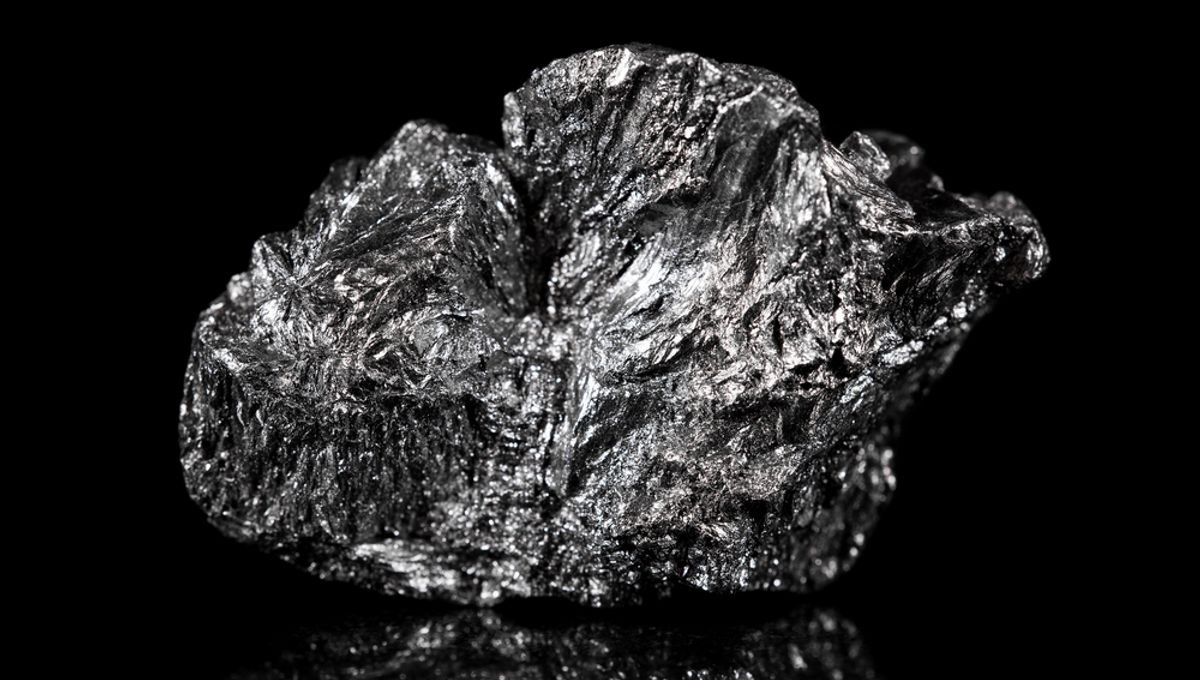
The question of which substance has the highest melting point sounds simple, but the answer turns out to be “it depends”. Perhaps you were told the answer is tungsten in high school chemistry class, as we were, but it’s not that simple.
For one thing, as chemistry teachers and textbooks really should know, a material’s melting point depends not just on temperature, but on pressure as well. To keep things simple, we usually measure melting points at 1 atmosphere (101,325 Pascals).
Under these conditions, tungsten melts at 3,414°C (6,177°F), the highest melting point of any element. This is one of the reasons Edison used it in his light bulbs – even with a lot of current running through a very slim wire, melting isn’t usually a problem.
However, diamonds can be heated at least a hundred degrees higher and stay solid. Do they not then win the gold medal?
The problem here is that at 1 atmosphere, diamonds never melt. Instead, they sublime – go directly from solid to gas without becoming liquid first. Under 1 atmosphere, diamonds will do this at about 3,550°C (6,422°F). However, if you raise the pressure around 100-fold, you can actually make it melt at somewhere between 4,030 and 4,430°C (7,290–8,010°F). The variation in estimates leads us to suspect people have usually considered their diamonds too valuable to waste finding out exactly.
Diamonds aren’t even the form of carbon with the highest melting point, however. Despite diamond’s famous toughness, the bonds within the seemingly innocuous graphite are even harder to break through heat, requiring a temperature of 3,650°C (6,600°F). “Graphite is forever” doesn’t have quite the same ring to it though.
The extreme temperatures graphite can reach could turn out to be quite important for humanity. One method being explored for storing energy from renewable sources is to use graphite as a heat sink, warming it to around 1,000°C (1,800°F) when electricity is abundant and running water through internal pipes to make steam. Whether this will beat batteries and gravitational energy storage devices remains to be seen, but it’s easier to imagine it being cost competitive than using diamonds instead.
There is more to the universe than elements, however. Hafnium carbonitride (HfCN) has been demonstrated to have a melting point of around 4,400°C (7,952°F) under atmospheric pressure, although the precise temperature has not been confirmed.
That’s not surprising when you think about how hard it is to measure such extreme melting points. After all, you can’t just put HfCN on a solid object and subject it to intense heat – its resting place would melt first.
Instead, so called refractory substances – those with very high melting points – are measured by putting a long rod inside a black body cavity and passing an electric current through the rod to heat it up, or by shining lasers on its center. Observations of the radiation from the hottest part of the material are used to measure the temperature at which it melts, but getting precise readings can be a challenge.
Unlike elements, where we have a complete list, there are always more compounds to discover. Consequently, just because HfCN has the highest melting point of any compound we know, does not mean it won’t be topped eventually.
The quest to find the most refractory materials is not just about breaking records for the sake of it. Spacecraft returning through the atmosphere or proposed hypersonic vehicles need all the protection they can get, and higher melting points are part of that.
Source Link: Which Material Has The Highest Melting Point? The Answer’s Complex